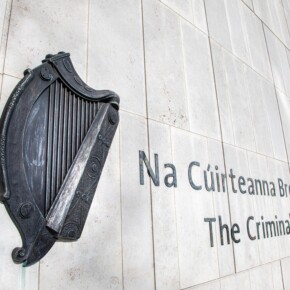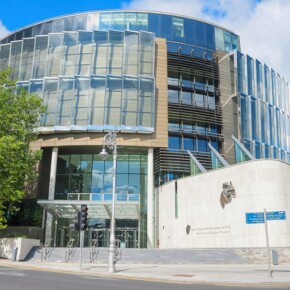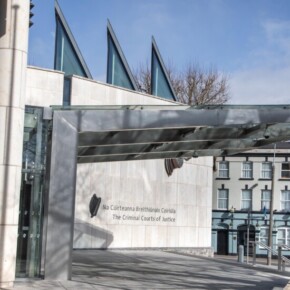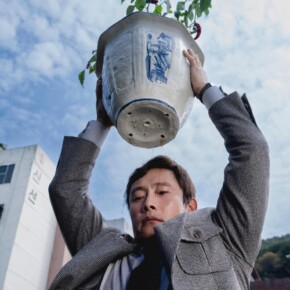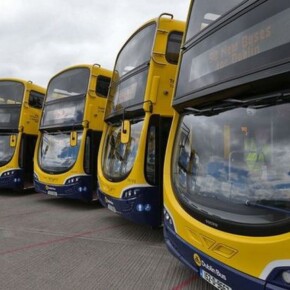Southside TDs call for improvements to men’s health
Mike Finnerty 29 Oct 2025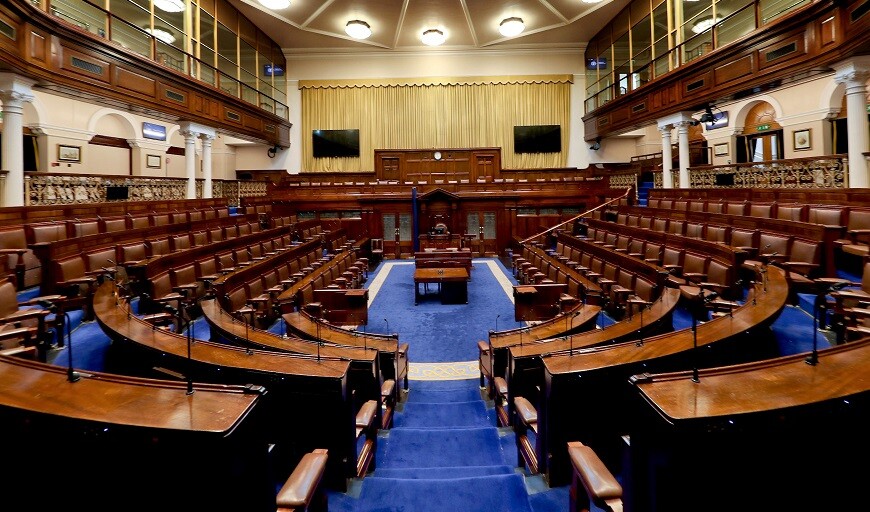
Government and opposition TDs may not agree on much, but they set their differences aside to discuss an issue that transcends politics – men’s health.
On Wednesday (Oct 22), Minister for Health Jennifer Carroll MacNeill said that men’s health was a “priority” for this government, as outlined in the Programme for Government.
The Fine Gael Minister said, “we know men in Ireland today are living longer and healthier lives than previous generations, but they continue to bear a disproportionate burden of illness and premature mortality.”
The Minister pointed to statistics which showed that male life expectancy is 3.5 years shorter than a woman’s life expectancy, as well as 2022 statistics which showed that 40% of all male deaths under the age of 75 were considered “premature.”
“Men in the most deprived communities of Ireland are one and a half times more likely to die prematurely, compared to the most affluent men, which is not right,” she said.
“They are also almost three and a half times more likely to die from diseases of the respiratory system, diseases of the circulatory system, accidents and suicides. For example, the life expectancy of a Traveller man is 15 years less than the general male population. This is a reality that we must confront with action and compassion. It really is a conversation that matters.”
The Dún Laoghaire Minister said that “rigid gender norms can harm everyone; sometimes they can discourage men from seeking help and from expressing vulnerability, or they can reinforce inequalities that negatively affect women, families and communities.”
“By engaging men in conversations about gender equality broadly, we create opportunities for men to become the same partners in building a fairer, healthier society, which is of benefit to everyone.”
Fianna Fáil TD Cormac Devlin noted that Ireland was the first country in the world to adopt a national men’s health policy in 2009, with renewed and updated plans in 2017 and 2014.
“We have seen progress, with the number of premature deaths down, stronger partnerships across voluntary, academic and health sectors and a far better evidence base to guide what works for men.”
The Dún Laoghaire TD said, “however, there is more to do because men in Ireland still die younger than women. The life expectancy for men is 80.5 versus 84.1 for women and 40% of male deaths are still premature.”
Devlin rattled off a number of stats, such as cancer now accounting for 30.8% of male deaths; 63% of men are overweight or obese; 37% report binge drinking and men making up 78% of road fatalities in 2023.
The Fianna Fáil TD said “men’s mental health needs are real and under-treated.”
Dublin Rathdown TD Shay Brennan said, “we know that community-based initiatives work.”
“Initiatives such as men’s sheds, On Feirm Ground and Engage have proven their ability to reach those who might otherwise remain isolated. Time and again, we see that connection is the first step towards recovery. Investing in men’s mental health is not just about reducing suicide rates.
The Fianna Fáil TD said “it is also about restoring hope, rebuilding confidence, and ensuring that men of all ages feel seen, supported and valued”
“Some 16.7% of men aged 40 to 44 report mental health difficulties. Yet men are less likely to seek help early. Our job is to lower the threshold to care and meet men where they are.”
Sinn Féin TD Mark Ward welcomed the conversation, saying, “as a person living with multiple sclerosis, MS, I am going to speak in a personal capacity in order to raise awareness. I will also speak as a TD and use my platform to call for additional resources.”
The Dublin Mid-West TD was candid in discussing his experiences with MS, saying I always advise men, especially men newly diagnosed with MS, not to do what I did at first and do Dr. Google, because it brings you down a kind of dark path towards the worst possible outcome.”
“They should take medical advice from their neurologists and link in with MS Ireland, which – I have to say this now, and I have always said it – has been a tremendous support to me regrading my journey with MS.”
“I have managed to live a really active life and have enjoyed a good quality of life. I manage my symptoms to the best of my ability. I am on the third year of a four-year cycle of treatment at the moment, and the prognosis is good,” he told the Dáil.
Ward’s Sinn Féin colleague, Dublin South-West TD Seán Crowe, discussed his own experiences with cancer, saying “it can be life-changing but the longer you delay, the harder it is to treat.”
“That is my message here today. By becoming more proactive, Irish men can enjoy a healthier quality of life and increase their chances of a healthier future.”
Crowe noted, “as we all agree, men are still reluctant to go to the doctor and share personal information about their health. This could be the difference quite literally between life and death.”
He remarked, “we still have not cracked the old-fashioned mentality of ‘ignore it and I don’t have to deal with it.” Irish men have to be more proactive about their health, particularly in the context of prostate cancer, as they face unique challenges relating to lifestyle factors and genetic predisposition.”
Crowe called on major supermarkets to make incontinence pads for men more prominent in their stores, saying “we can be seen stuck in one corner of a shelf, but there will be a whole row of women’s pads. We could ask the major supermarkets to ensure that men are not treated any differently from women when it comes to accessing these products.”
Recently re-admitted into the Social Democrats fold, Dublin Bay South TD Eoin Hayes discussed what he calls a “loneliness epidemic.”
“A report recently came out from the European Commission that said that Ireland was the loneliest country in Europe, the effects of that on young men and older men are significant and have far-reaching consequences.”
Hayes noted a statistic from the former US surgeon general, which equated the health effects of loneliness with smoking 15 cigarettes a day.
Hayes said, “there is a strong correlation between the loneliness that young men often experience, the antisocial behaviour that sometimes occurs on our streets, and the massive social costs that we see across our country. In this moment, as we are coming to the close of 2025, we went through during the pandemic, which I think exacerbated the major risks of loneliness for many people”
He added, “the social media environment is not helping for young men.”
Independent TD Paul Gogarty added to Hayes’ train of thought, saying it is “hugely important” to tackle the “increasing toxification on social media.”
“We have had different discussions on that. What it means to be a man and what masculinity is have been toxified – deliberately, in many cases – and people are afraid to expand and be true to themselves in terms of what it means to be a man in Ireland in 2025. We need more discussion of that. Men come in all shapes and forms, and more power to them.”


